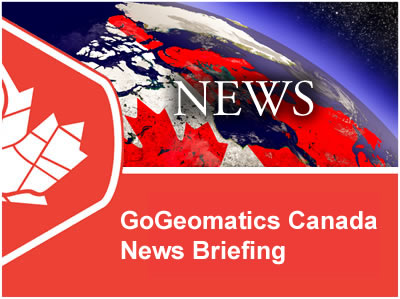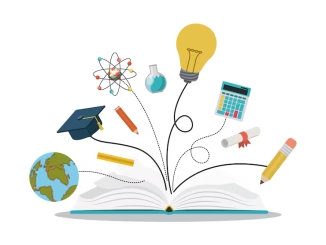
Thai Cave rescue aided by Calgary geomatics company

Intermap Technologies provided crucial data that helped rescuers reach the 12 children and soccer coach trapped in an underwater cave in Thailand. Using sensors and data sets which track water flow and exit points to help divers navigate areas below the surface, Intermap provided mapping data of the 10 km deep Tham Luang cave system that helped divers locate the trapped boys. The high resolution elevation data helped prioritize drilling and drainage points, and alternate routes into the cave. Two of Intermap’s executives have degrees in geomatics from the University of Calgary, making this a proud achievement for the school.
TECTERRA announces new program for Disruptive Geospatial Innovation
Alberta-based nonprofit TECTERRA is funding development and commercialization of technology through their new program LEAP. LEAP will provide support to innovative companies with clear missions, and help them take their technology to market faster. Loans through LEAP are interest-free and only repayable after the technology/product generates revenue. TECTERRA is encouraging Alberta companies developing innovative products that include geospatial technology to seek more information here.
Mapping data used in the legalization of recreational cannabis
Chief Statician of Canada Anil Arora says that statistics and mapping data were crucial in the formulation of policy decisions on recreational cannabis. Using statistics collected through provincial surveys to determine consumption patterns allowed researchers and policy makers to determine relationships between quantities, purchasing and price margins. Says Arora: “It’s a very exciting time when you think about just the role of statistics and data in the governance of your nation and how important it is to make sure that decisions are based on good evidence and good facts as those data sources are starting to become more prolific.”
New Tracking Data Management System for Marine Emergency Response Industry 
A new project underway at Integrated Informatics Inc. has received funding from the Newfoundland Innovation Council to reshape marine oil spill response. the initiative will include development of a new Tracking Data Management System to be used by Marine Emergency Response Industry personnel. Emergency Response Plans often rely on paper maps and documents which lack the most current data; the new system will include a suite of applications for asset and personnel tracking to streamline the acquisition of data for emergency preparedness. The project will use GIS technology such as rich mobile and web interfaces, data analytics, and a reporting dashboard to help first responders analyze data and plan responses in real-time.
Behr Technologies to put Canada at the centre of the Internet of Things
Behr Technologies is about to commercialize a form of telegram splitting software and a new low-power wide area network (LPWAN) standard for the Industrial Internet of Things (IIoT) called “Mioty”. Since the total number of IIoT devices connected over LPWANs in Canada is expected to exceed 700 million by 2021 the need for a technology that can support those devices is pressing, and Mioty is already gaining attention in the oil and gas industry. The software will soon be sold by Hitachi Solutions and is currently being pitched to big name customers as an alternative to traditional carriers like Rogers and Bell.





Be the first to comment